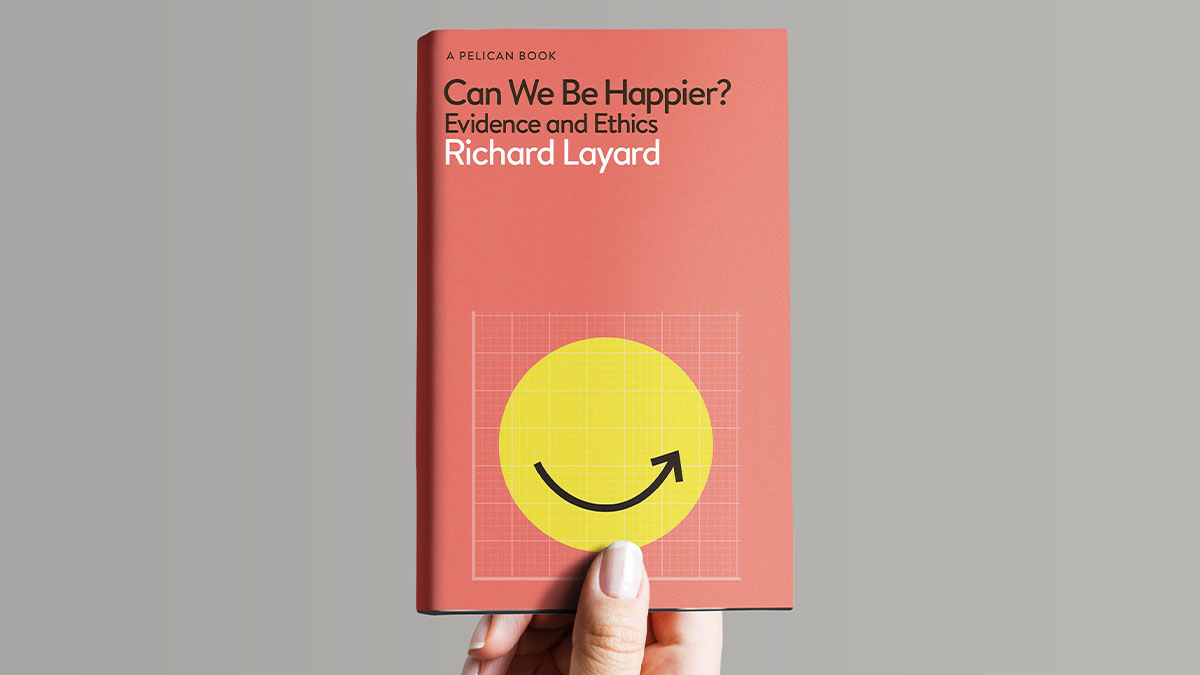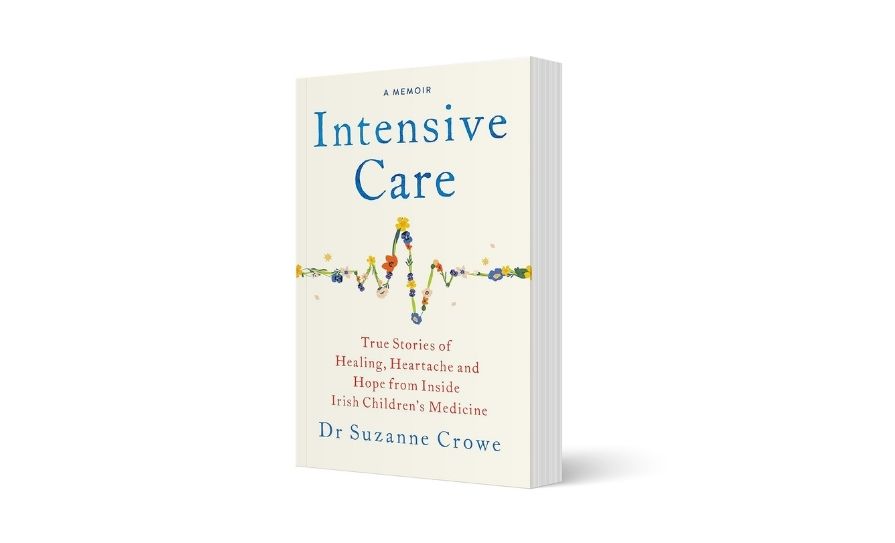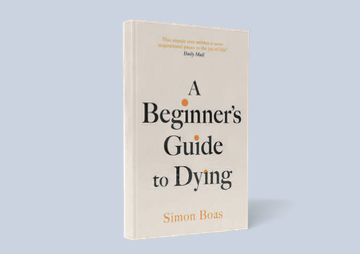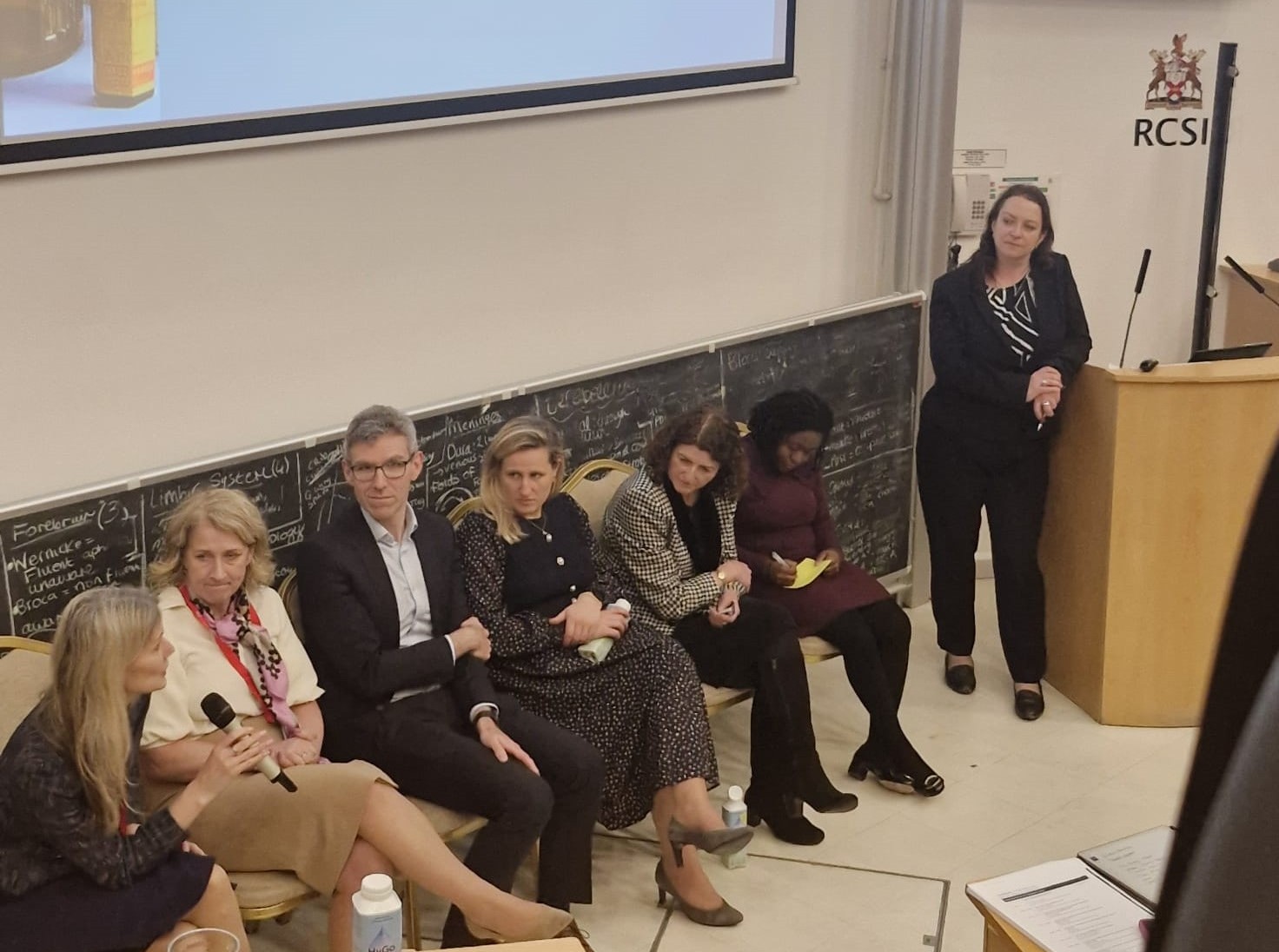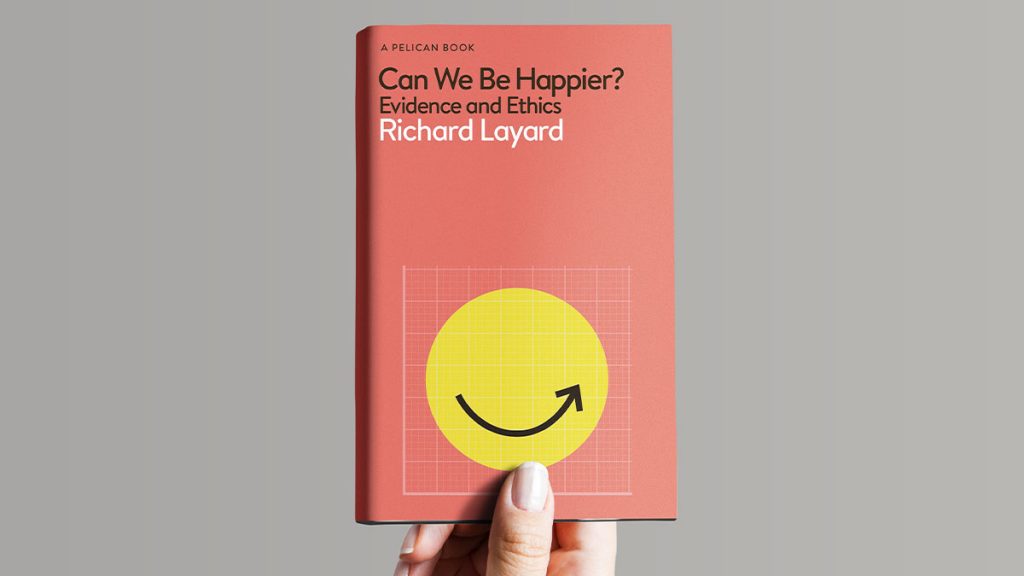
Can We Be Happier? Evidence and Ethics by Richard Layard. Published by Pelican, 2020.
Can We Be Happier? Evidence and Ethics is the new book by Richard Layard, a labour economist who worked for most of his life on how to reduce unemployment and inequality. Most recently, Layard has become known as one of the first economists to work on happiness. Layard’s main interest at present is how better mental health can improve social and economic life. He has written extensively on this topic over the past few years.
Layard’s new book, Can We Be Happier? Evidence and Ethics, is based on the idea that economic growth, however necessary and desirable it might be, does not solve all human problems. This is evidenced by the fact that people have always valued certain aspects of life above and beyond their economic value.
There is a long history of writing and thinking about happiness and wellbeing in philosophy, psychology, religion and various other areas. The arrival of economists into this field has added a new dimension and resulted in a remarkable number of new books with ‘happy’ in the title.
This is all to the good. We need new approaches to economics, philosophy, politics and science that encompass a much fuller range of human need and experience, and recognise the centrality of happiness. Layard argues that the goal for society should be the greatest possible happiness for all. He outlines ways that each of us can become more effective creators of happiness, both as citizens and in our own organisations. Layard is, of course, correct: There is much that each of us can do to make ourselves and others happier, and Layard’s new book is an excellent place to start.
Following a pleasant, optimistic introduction, the first of the book’s two sections is titled ‘The Happiness Revolution’ and starts by looking at the purpose of the entire enterprise. It opens with a quote from English philosopher and reformer Jeremy Bentham: “Create all the happiness you are able to create; remove all the misery you are able to remove.” Consistent with this, Layard examines what makes people happy, how we can train our thoughts and feelings, and the likelihood of success for the “happiness movement”. This section of the book provides a very competent run-through of research in these areas.
The second section is titled ‘Who Can Do What?’ and looks at specific actions that we can take to increase happiness, including better management of our mental, emotional and physical lives. There is specific advice for teachers, managers, health professionals, families, communities, economists, politicians, public servants, scientists and technologists. The book concludes with ‘Actions for Happiness’ and even includes a blank space for the reader to write a personal manifesto to themselves (which I duly did).
All told, Can We Be Happier? Evidence and Ethics is a well-written happiness book that arrives festooned with praise from the Dalai Lama, who is mentioned in the book’s dedication and the text itself. The Dalai Lama describes the volume as “part of Richard Layard’s excellent, ongoing exploration of what happiness is and how it can be achieved”. Layard, he writes, “provides evidence that if you have peace of mind and are full of joy, your health will be good, your family will be happy and that happiness will affect the atmosphere of the community in which you live.”
Of course, the Dalai Lama is right, Layard is right, and so are the various other authors who have written about happiness over the years. People have always written about happiness using the language and theoretical frameworks of their times, arguing that we should focus on achieving the greatest happiness for the greatest number, that we need to train our minds, that we should develop more compassion, and so forth.
All of this is true and merits re-stating every now and then. As each generation reiterates these truths, it uses a slightly different language to do so. The language of economics, mixed with sociology, psychology and a touch of Buddhism, seems to be the language that our generation has chosen for this task. No doubt this will change, possibly swinging more firmly back to philosophy or religion at some point in the future.
The evolution of this discourse is both fascinating and important, not least because the point at its heart is an essential one: Happiness matters and we need to do more to increase it. Richard Layard’s new book is an excellent way to begin an exploration of this area of contemporary thought and get to grips with the tsunami of recent research about happiness, wellbeing and how to achieve a better quality-of-life for all.
This is an important task and Layard’s work will undoubtedly help along the way.
Book reviewed by Brendan Kelly – Professor of Psychiatry at Trinity College Dublin and author of Coping with Coronavirus (Merrion, 2020).
